Dhaka, Apr 12 (V7N) –Press freedom is widely considered to be a cornerstone of democracy. It brings accountability, transparency and access to reliable information.
But beyond its democratic role, press freedom is also a vital part of a stable economy. Research has shown that it acts as a kind of financial watchdog, ensuring balance and accuracy.
In doing so, an independent press strengthens the resilience of financial institutions. And our research suggests that higher levels of press freedom can also be linked to greater financial stability and lower “systemic risk” – where something bad happening at one company can trigger wider instability or even industry collapse – in the banking sector.
Using data from 47 countries, we found that an independent press brings greater scrutiny of banking executives. Another benefit is a better flow of information around the financial markets, making the whole system more efficient.
Countries with higher levels of press freedom are also more likely to foster corporate and political cultures that are free from the sort of corruption which could jeopardize the stability of the banking sector. All of these advantages are most pronounced during economic downturns or banking crises.
And even outside times of crisis, we can see the positive effects by looking at basic financial indicators in countries with high and low press freedom levels.
Countries with consistently high levels of press freedom such as Norway, Sweden or Estonia, for example, have far fewer non-performing (unrepaid) loans than countries with low levels of press freedom such as Pakistan, Greece or Russia. But a free press and a stable banking industry are by no means the norm.
Recent data from the campaign group Reporters Without Borders highlights a worrying decline in media autonomy. It reports that 135 out of 180 countries now have press freedom levels classified as “problematic,” “difficult” or “very serious.”
This trend extends to advanced economies such as Japan (70th, down from 68th in 2023), Italy (46th, down from 41st), and the US (55th, down from 45th).
And it looks like the world’s largest economy could slip down the rankings even further. Although President Trump signed an executive order aimed at “restoring freedom of speech,” he has also explicitly threatened to revoke broadcast licenses, investigate critical media and jail journalists who protect confidential sources.
In February 2025, White House officials even informed one US news agency that its journalists would be barred from entering the Oval Office until it stopped using the geographic term “Gulf of Mexico” instead of Trump’s preferred “Gulf of America.”
But the Trump effect is not limited to the US. A recent aid freeze by his administration has cut billions in funding for independent media outlets across more than 30 countries, including Ukraine, Afghanistan and Iran.
Press test
Notable declines in press freedom have also been observed in politically volatile regions such as Latin America, Africa, the Middle East and central Asia, where authoritarian regimes continue to tighten their grip on the media.
The survey from Reporters Without Borders suggests that governments across the world are failing to protect journalism, with a marked trend of declining press freedom.
In 2014, 13% of countries enjoyed a “good” degree of press freedom, but this figure dropped to 7% by 2021 and then to just 4.4% in 2022.
Conversely, the share of countries in the lowest classifications has risen dramatically. A decade ago, 8% were considered “difficult,” now that figure is 24%. The number of those with a “very serious” situation has gone from 8% to 17% in the same period.
Of course, there are outliers in the global picture. China, for example, has limited press freedom but a very stable banking sector that has been highly resilient to external shocks in the past. But the country is run by an authoritarian regime that helps to shield its banks from those kinds of risks.
Elsewhere though, the decline in press freedom threatens not just democratic principles and political transparency, but also the operation of financial markets. Safeguarding that freedom is a critical basis of economic resilience and stability.
END/MSS/AJ



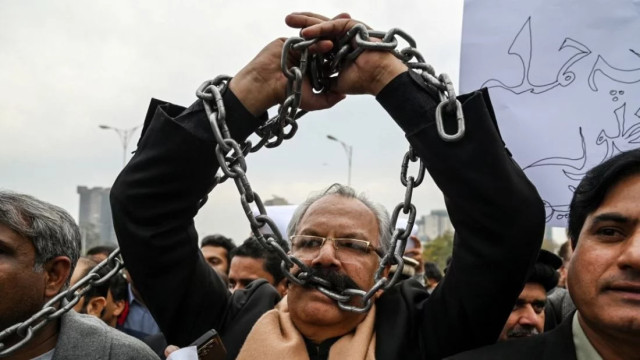

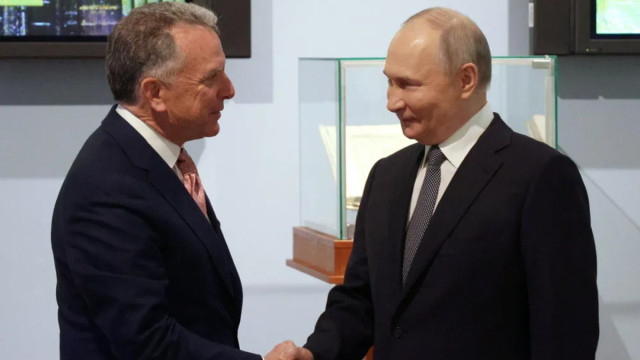
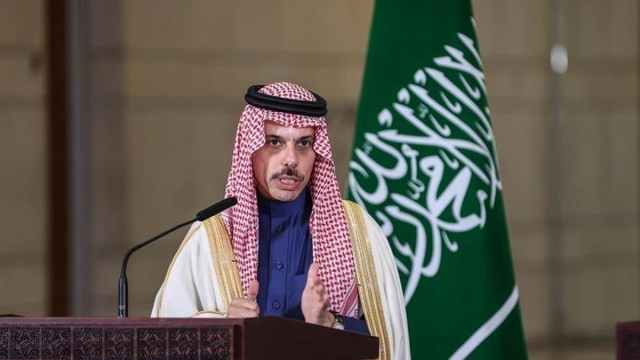
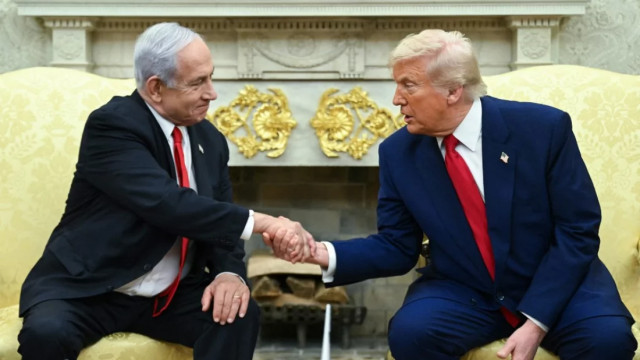
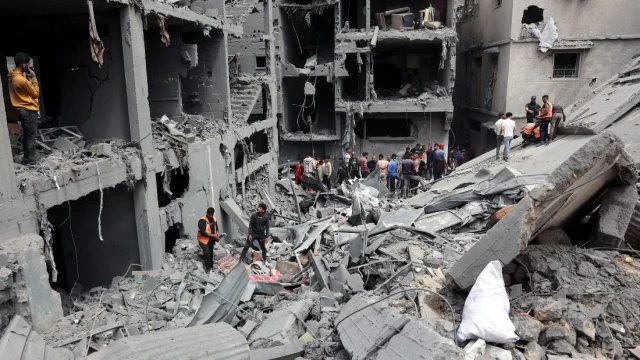

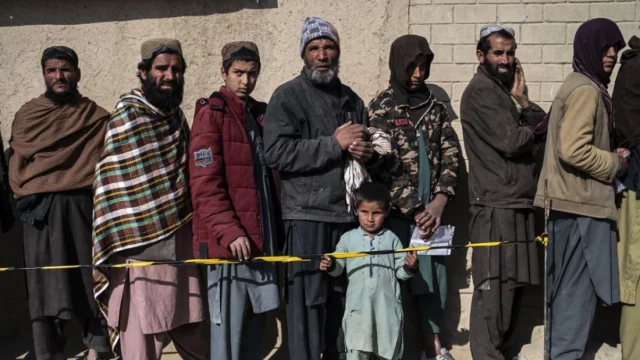
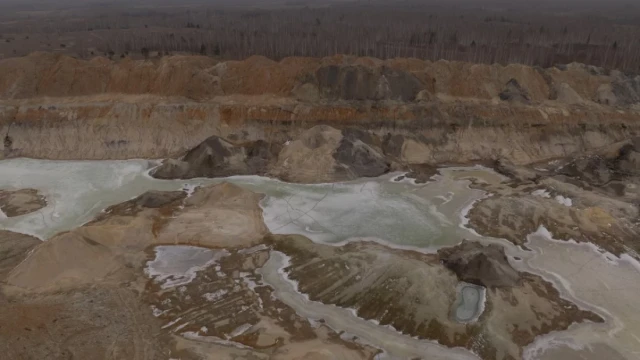

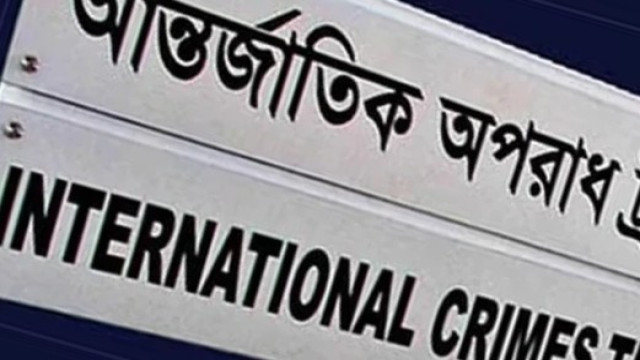
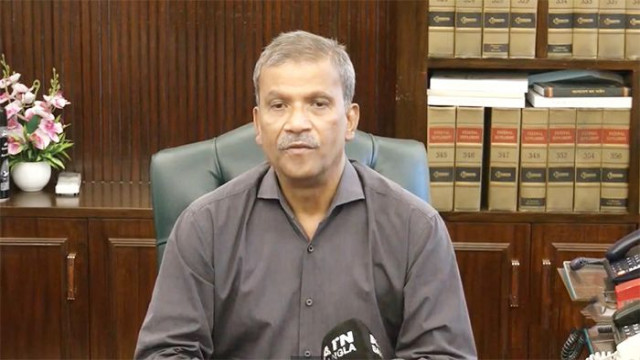

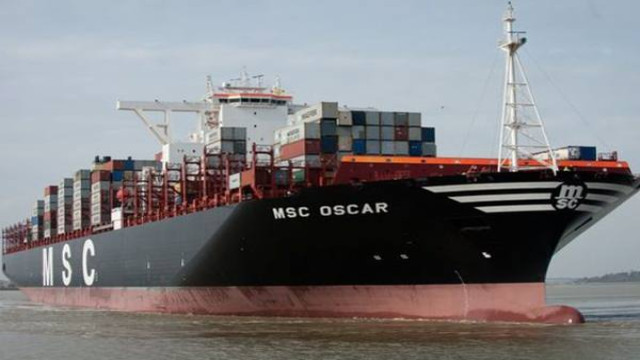



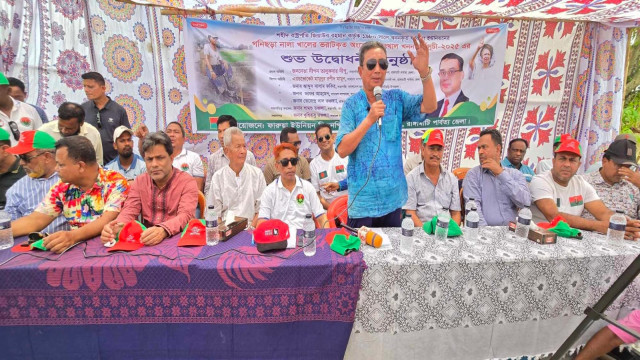



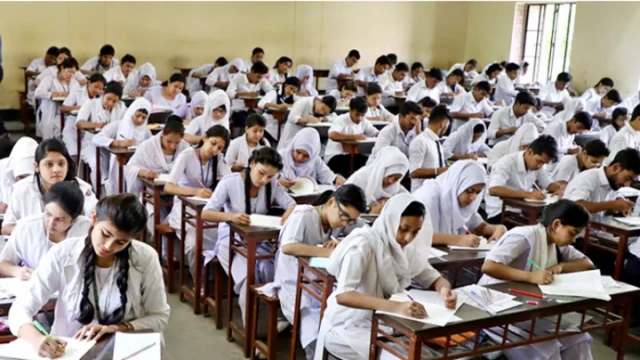


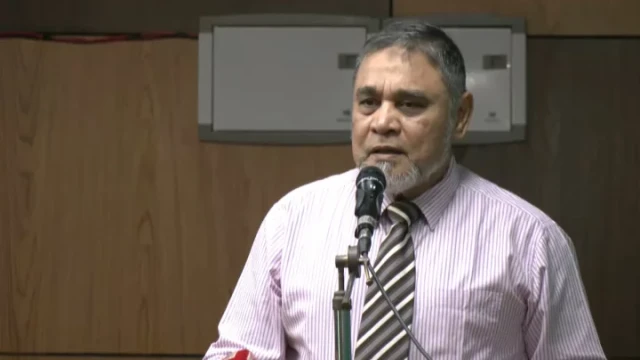

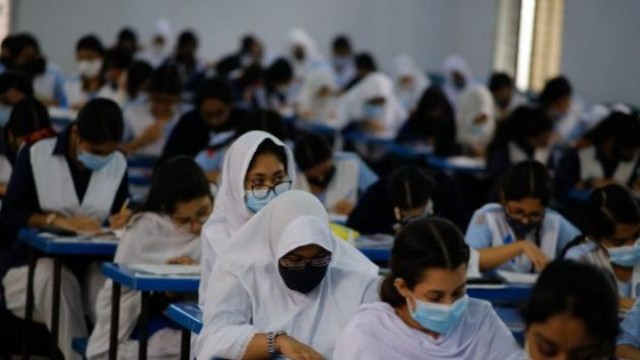
Comment: